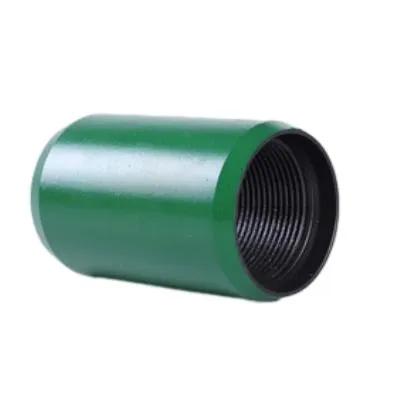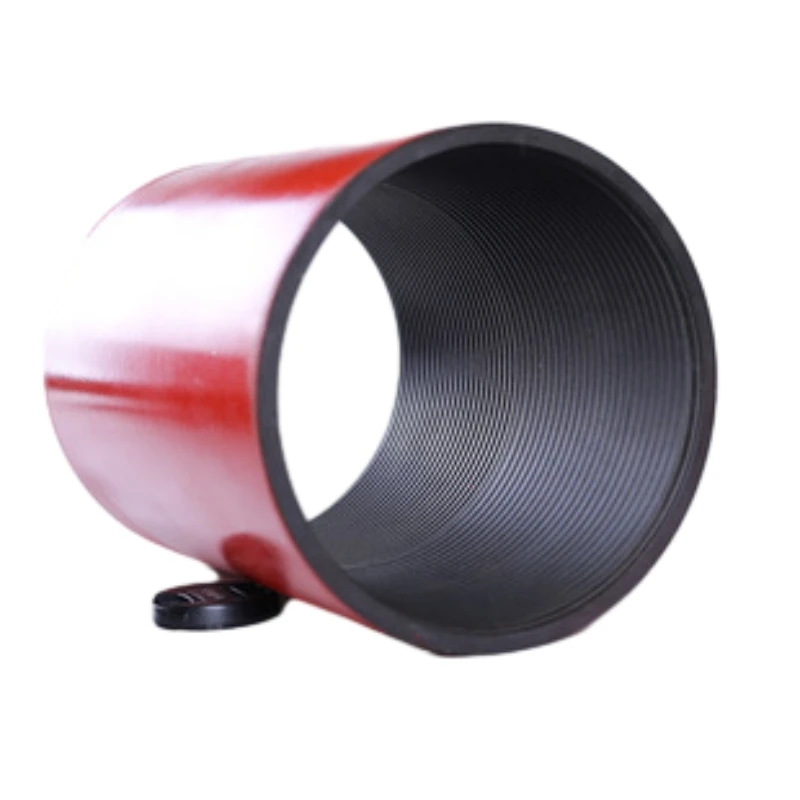- Afrikaans
- Albanian
- Amharic
- Arabic
- Armenian
- Azerbaijani
- Basque
- Belarusian
- Bengali
- Bosnian
- Bulgarian
- Catalan
- Cebuano
- Corsican
- Croatian
- Czech
- Danish
- Dutch
- English
- Esperanto
- Estonian
- Finnish
- French
- Frisian
- Galician
- Georgian
- German
- Greek
- Gujarati
- Haitian Creole
- hausa
- hawaiian
- Hebrew
- Hindi
- Miao
- Hungarian
- Icelandic
- igbo
- Indonesian
- irish
- Italian
- Japanese
- Javanese
- Kannada
- kazakh
- Khmer
- Rwandese
- Korean
- Kurdish
- Kyrgyz
- Lao
- Latin
- Latvian
- Lithuanian
- Luxembourgish
- Macedonian
- Malgashi
- Malay
- Malayalam
- Maltese
- Maori
- Marathi
- Mongolian
- Myanmar
- Nepali
- Norwegian
- Norwegian
- Occitan
- Pashto
- Persian
- Polish
- Portuguese
- Punjabi
- Romanian
- Russian
- Samoan
- Scottish Gaelic
- Serbian
- Sesotho
- Shona
- Sindhi
- Sinhala
- Slovak
- Slovenian
- Somali
- Spanish
- Sundanese
- Swahili
- Swedish
- Tagalog
- Tajik
- Tamil
- Tatar
- Telugu
- Thai
- Turkish
- Turkmen
- Ukrainian
- Urdu
- Uighur
- Uzbek
- Vietnamese
- Welsh
- Bantu
- Yiddish
- Yoruba
- Zulu
ян. . 19, 2025 01:58
Back to list
bullplugs
Bullplugs A Comprehensive Guide for Industry Professionals
From an authoritative standpoint, the standards governing the manufacturing and use of bullplugs are stringent. Organizations such as the American Petroleum Institute (API) set rigorous standards to ensure the safety and reliability of these components. Compliance with these standards is non-negotiable for companies looking to maintain operational integrity and regulatory compliance. The industry’s trustworthiness concerning bullplug manufacturing and implementation also hinges on transparency. Professionals recommend partnering with reputable manufacturers who provide detailed documentation and traceability for their products. This documentation often includes material composition, stress test results, and compliance certificates, which are critical for audits and certifications. Moreover, the rapid technological advancements in material science and engineering mean that bullplug designs are continually evolving. Innovations like self-sealing bullplugs, which enhance leak prevention, are becoming increasingly popular. Staying abreast of such advancements can provide operational advantages, reducing downtime and maintenance costs. Furthermore, the sustainability aspect of bullplug production and life cycle is becoming increasingly relevant. Industry leaders are investing in eco-friendly practices, such as using recyclable materials or manufacturing processes that reduce emissions. For companies prioritizing sustainability, this can influence their choice of supplier and product. In conclusion, for industry professionals looking to maximize the efficiency and safety of their operations, a thorough understanding of bullplugs is essential. From selecting the right materials and maintaining stringent installation practices to aligning with respected industry standards, the role of bullplugs is far-reaching. By placing emphasis on experience, expertise, authority, and trust, businesses can ensure they are not only compliant but also at the forefront of industry innovation and sustainability.


From an authoritative standpoint, the standards governing the manufacturing and use of bullplugs are stringent. Organizations such as the American Petroleum Institute (API) set rigorous standards to ensure the safety and reliability of these components. Compliance with these standards is non-negotiable for companies looking to maintain operational integrity and regulatory compliance. The industry’s trustworthiness concerning bullplug manufacturing and implementation also hinges on transparency. Professionals recommend partnering with reputable manufacturers who provide detailed documentation and traceability for their products. This documentation often includes material composition, stress test results, and compliance certificates, which are critical for audits and certifications. Moreover, the rapid technological advancements in material science and engineering mean that bullplug designs are continually evolving. Innovations like self-sealing bullplugs, which enhance leak prevention, are becoming increasingly popular. Staying abreast of such advancements can provide operational advantages, reducing downtime and maintenance costs. Furthermore, the sustainability aspect of bullplug production and life cycle is becoming increasingly relevant. Industry leaders are investing in eco-friendly practices, such as using recyclable materials or manufacturing processes that reduce emissions. For companies prioritizing sustainability, this can influence their choice of supplier and product. In conclusion, for industry professionals looking to maximize the efficiency and safety of their operations, a thorough understanding of bullplugs is essential. From selecting the right materials and maintaining stringent installation practices to aligning with respected industry standards, the role of bullplugs is far-reaching. By placing emphasis on experience, expertise, authority, and trust, businesses can ensure they are not only compliant but also at the forefront of industry innovation and sustainability.
Latest news
-
Tubing Pup Joints: Essential Components for Oil and Gas OperationsNewsJul.10,2025
-
Pup Joints: Essential Components for Reliable Drilling OperationsNewsJul.10,2025
-
Pipe Couplings: Connecting Your World EfficientlyNewsJul.10,2025
-
Mastering Oilfield Operations with Quality Tubing and CasingNewsJul.10,2025
-
High-Quality Casing Couplings for Every NeedNewsJul.10,2025
-
Boost Your Drilling Efficiency with Premium Crossover Tools & Seating NipplesNewsJul.10,2025
Related Products







